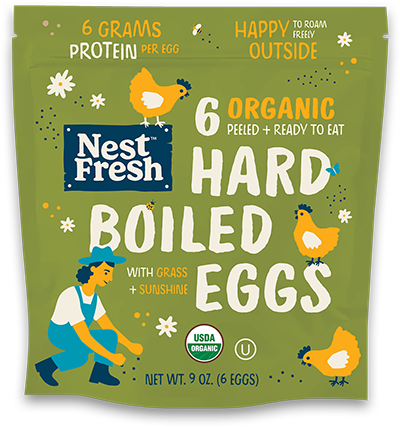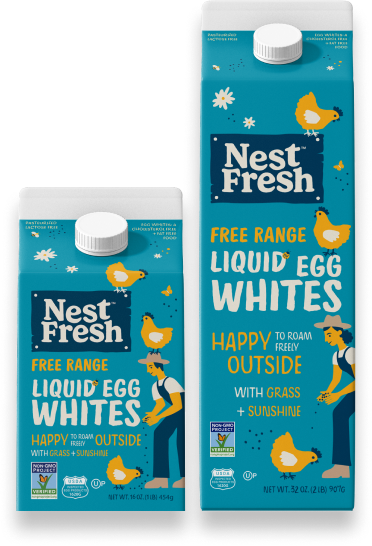The job of an egg farmer is unlike any other. So, we asked one of our best farmers to tell us about life on a “laying ranch.”
Interview with Farmer Dave Turunjian
Q: How long have you been an egg farmer?
A: 20 years
Q: What is a typical day like on the ranch?
A: A day on the farm starts with making rounds through the barns. On rounds, I check that the feeders are properly working throughout the barn. I make sure the water lines are running clean and flowing throughout the barn so that all chickens have access to water. I check the general condition of the chickens to make sure they are all healthy. Once I make sure the chickens have plenty of food and water, I check all the equipment inside and outside the barn to make sure everything is operating properly. We make rounds and collect the eggs twice a day. The rest of the day is spent performing maintenance on the facility and doing a lot of clean up.
Q: Why are cage free eggs important?
A: Cage free is important because the chickens are able to live as close to a natural lifestyle as possible. The chickens have “elbow” room and can socialize with each other. The chickens have plenty of room to run so they can get away from more aggressive birds. And the chickens have plenty of roosts and dusting baths, and nests to lay their eggs in.
Raising my chickens in a cage free environment gives them a better quality of life than being packed in cages without perches, dusting baths and space to escape aggressive chickens.
Q: What do you think is the most important part of your job?
A: The most important part of my job is the satisfaction of knowing I am involved in food production. Only 1.5% of the population is involved in food production and I am proud that I am part of that. American farmers produce some of the safest food in the world. I feel good about producing healthy, quality food.
Q: What is your favorite part about working on a farm?
A: My favorite part about working on the farm is taking care of the animals. I can give the chickens a good, quality life. With such a small percentage of the population involved in food production, I feel fortunate to be able to maintain a family farm.
Do you have any questions you’d like to ask our farmers about life on a “laying ranch?” Contact us and we’ll get your questions answered!




